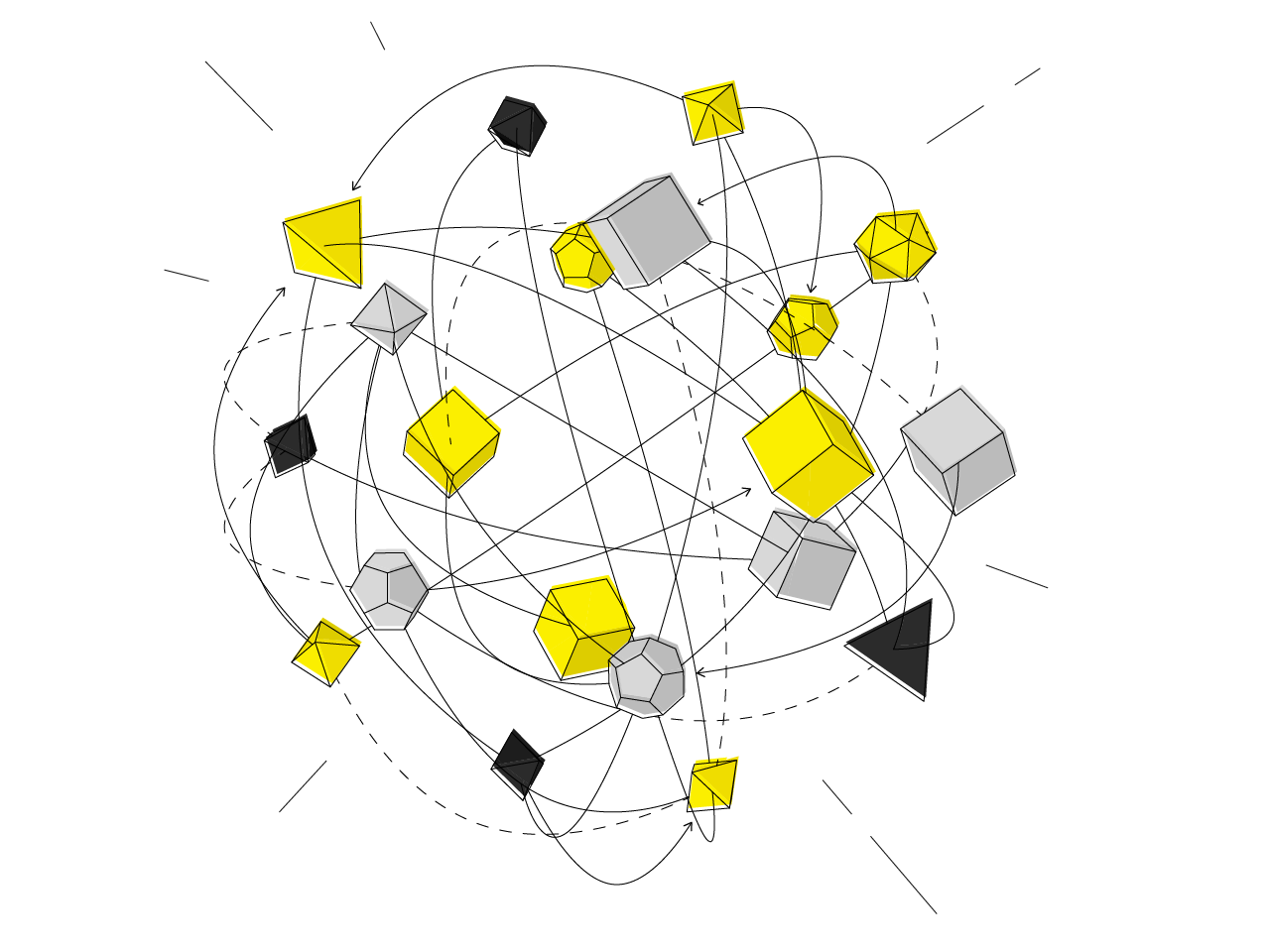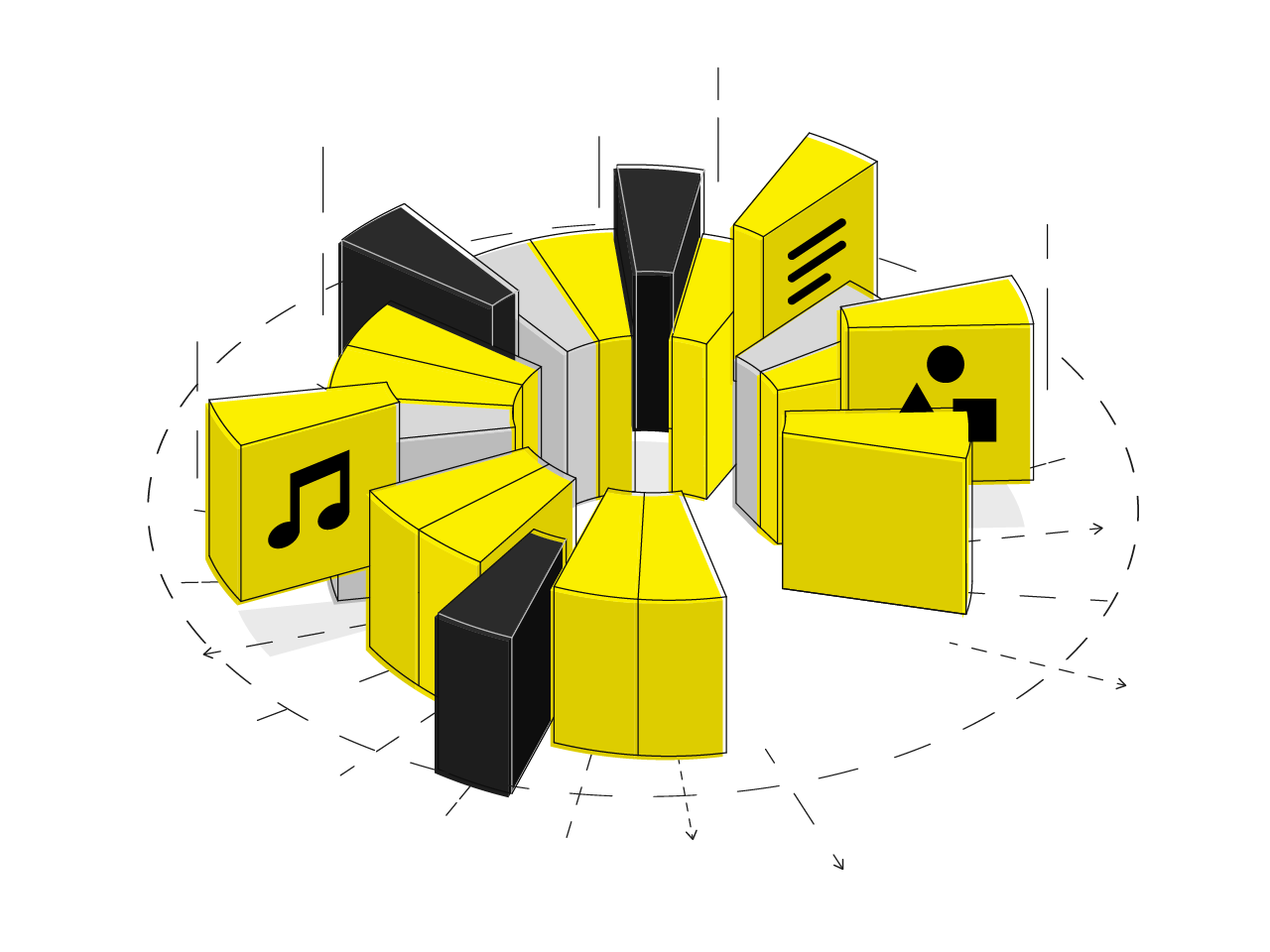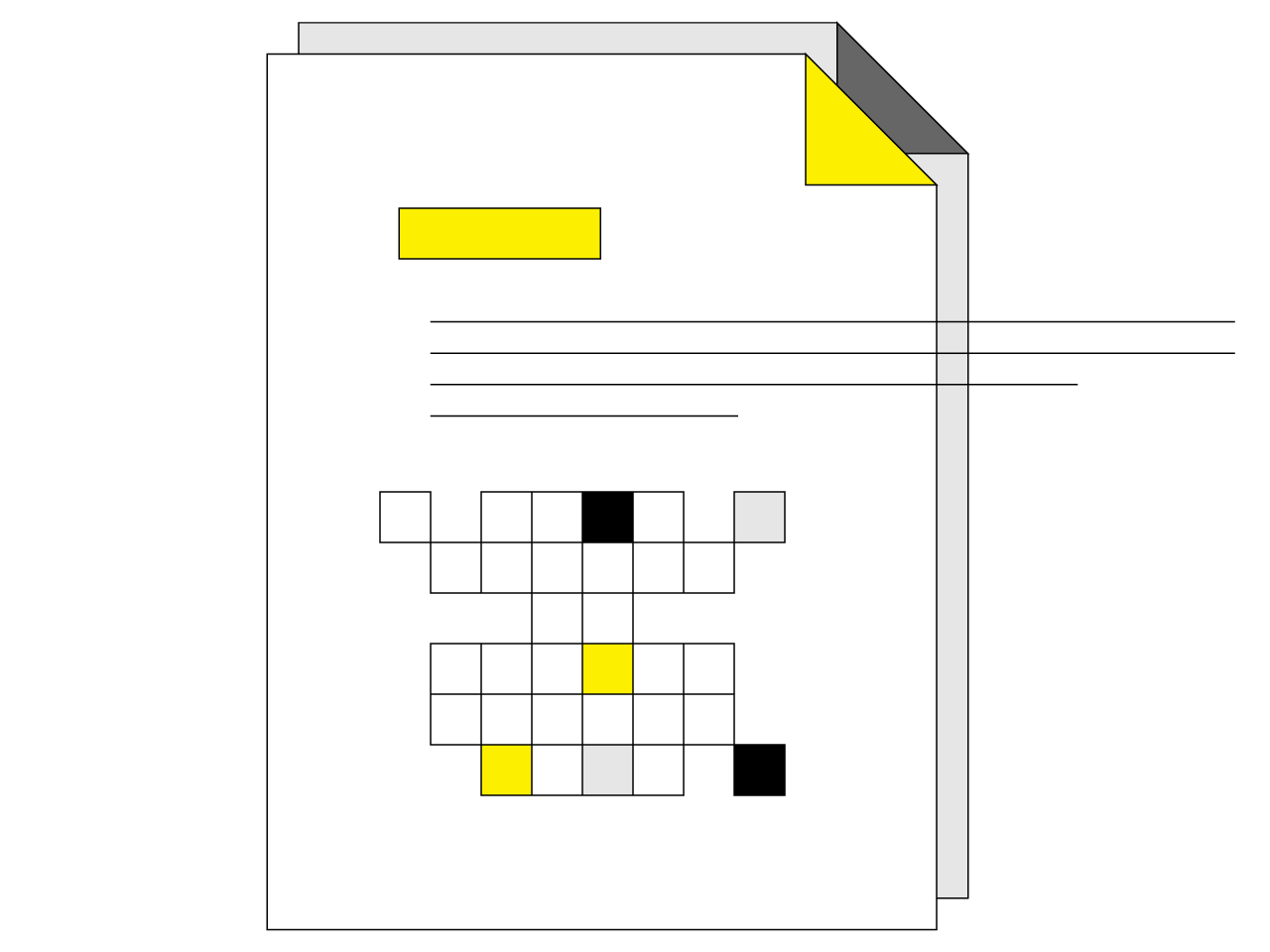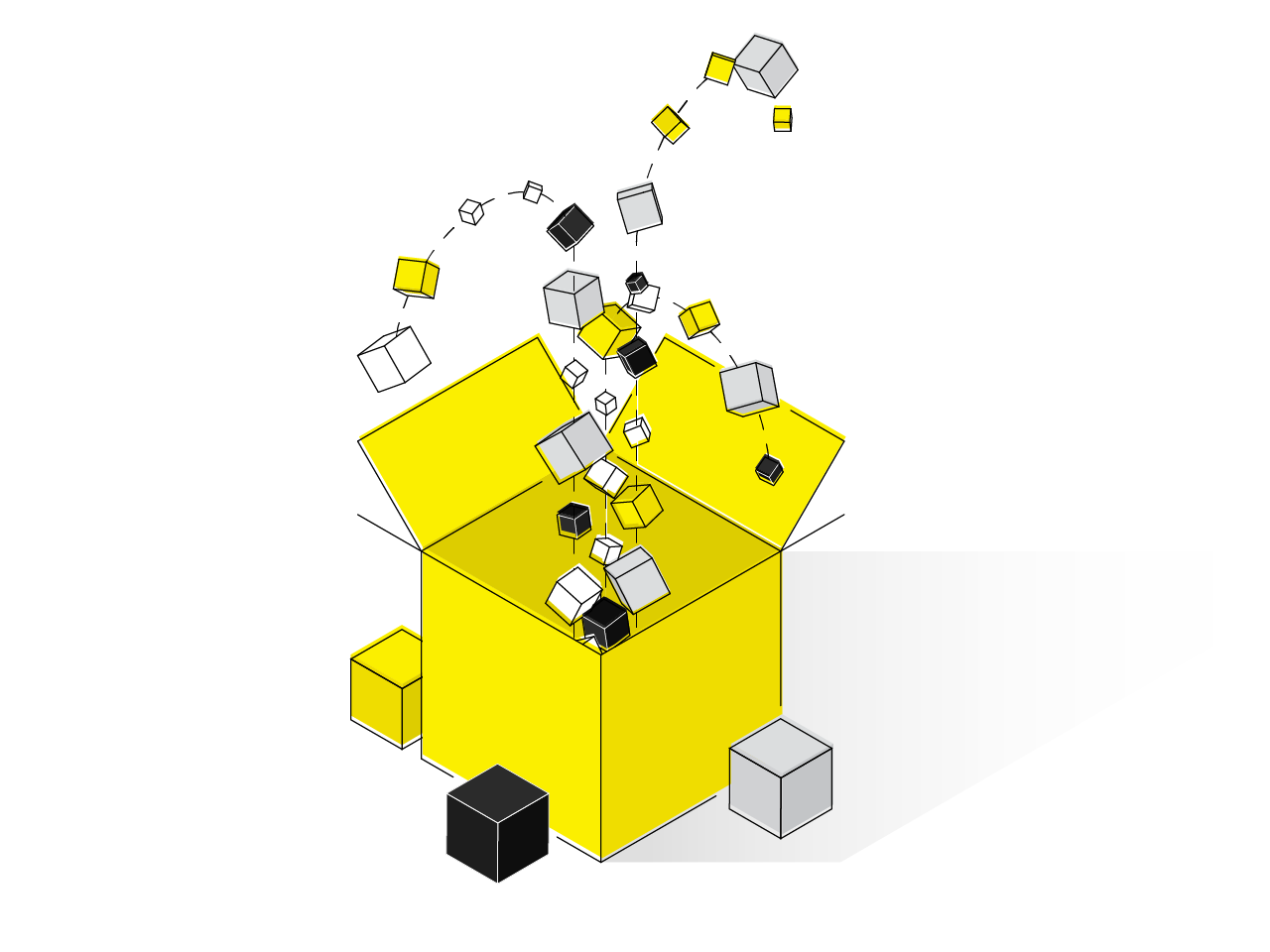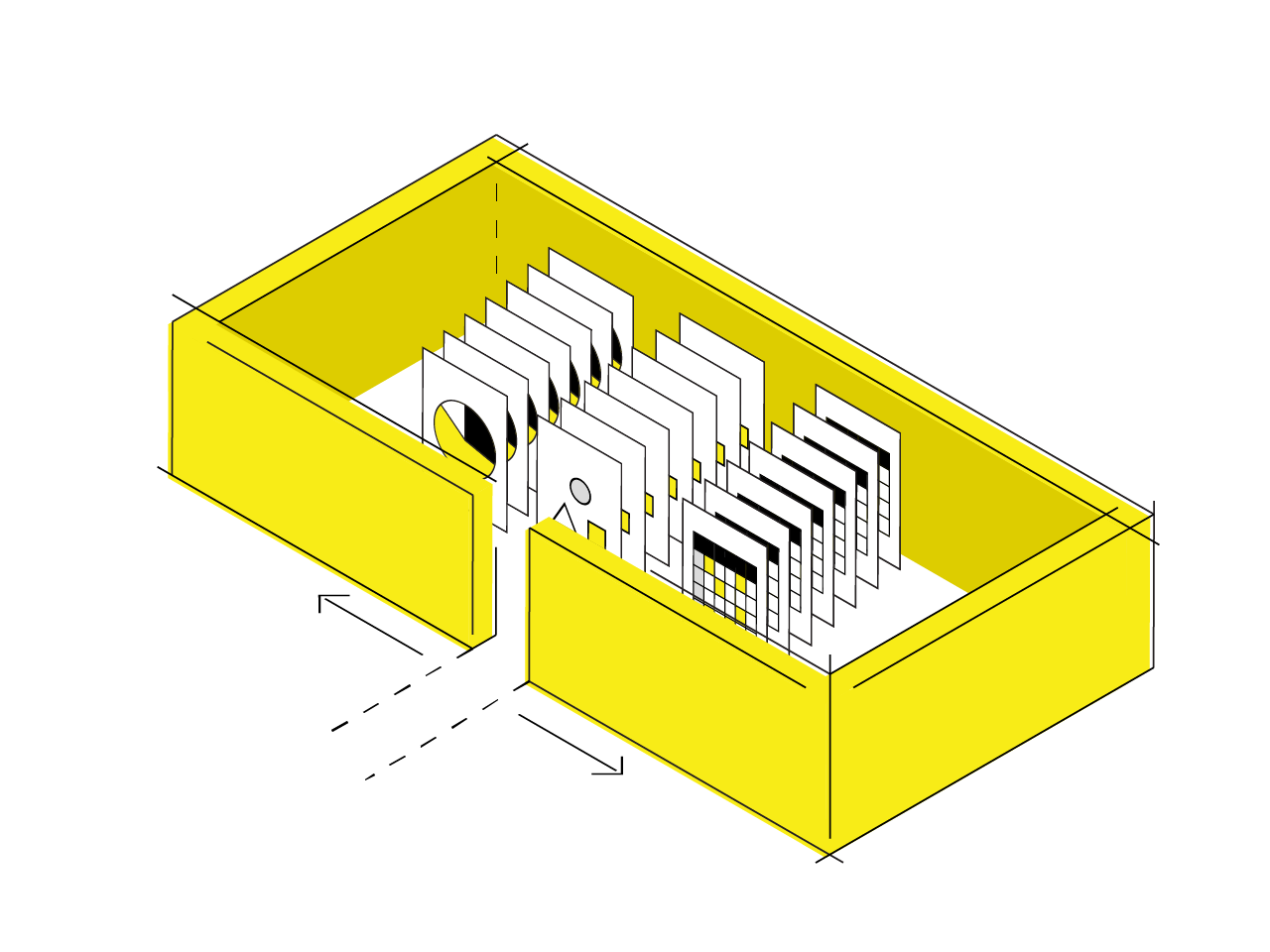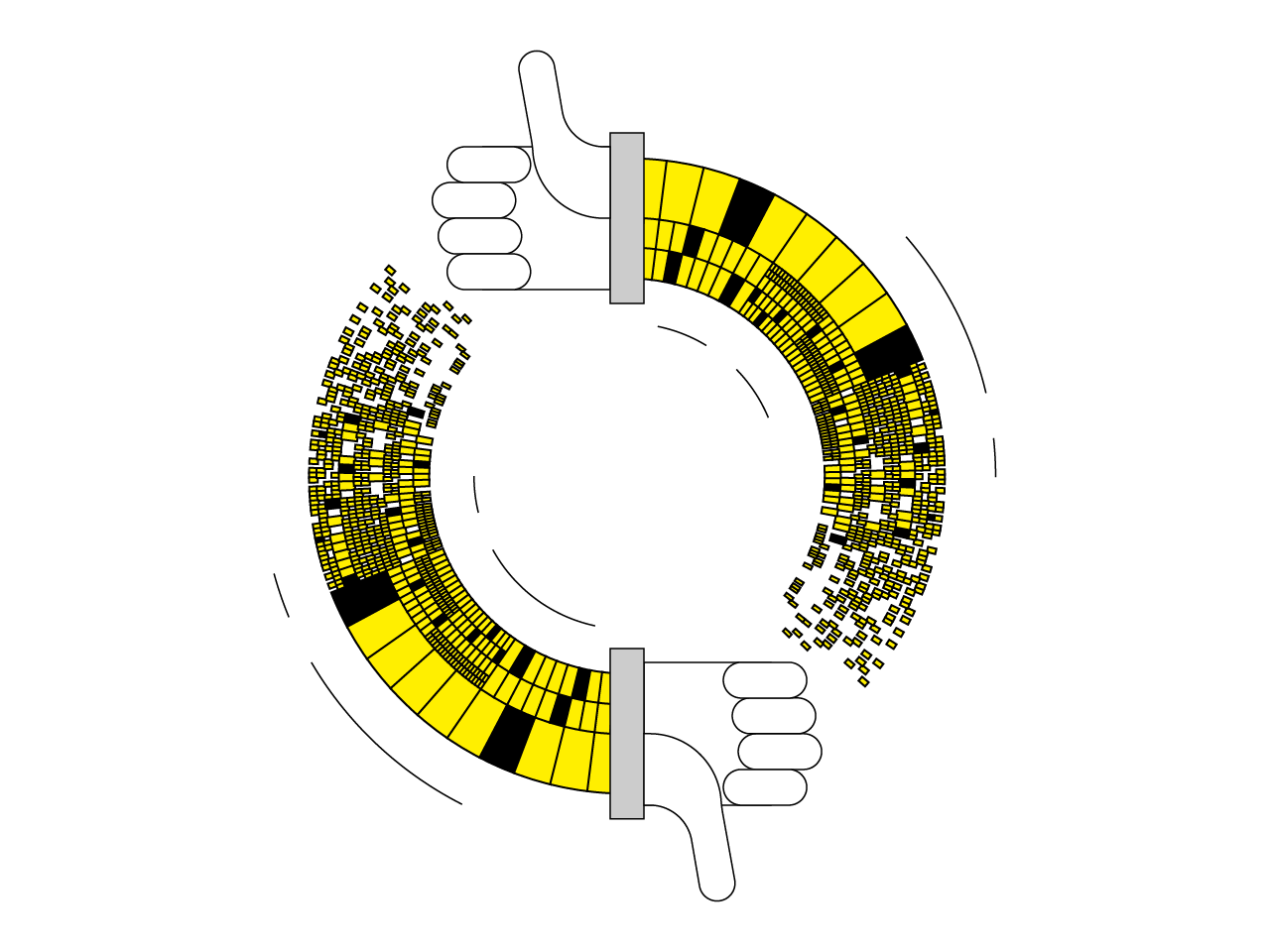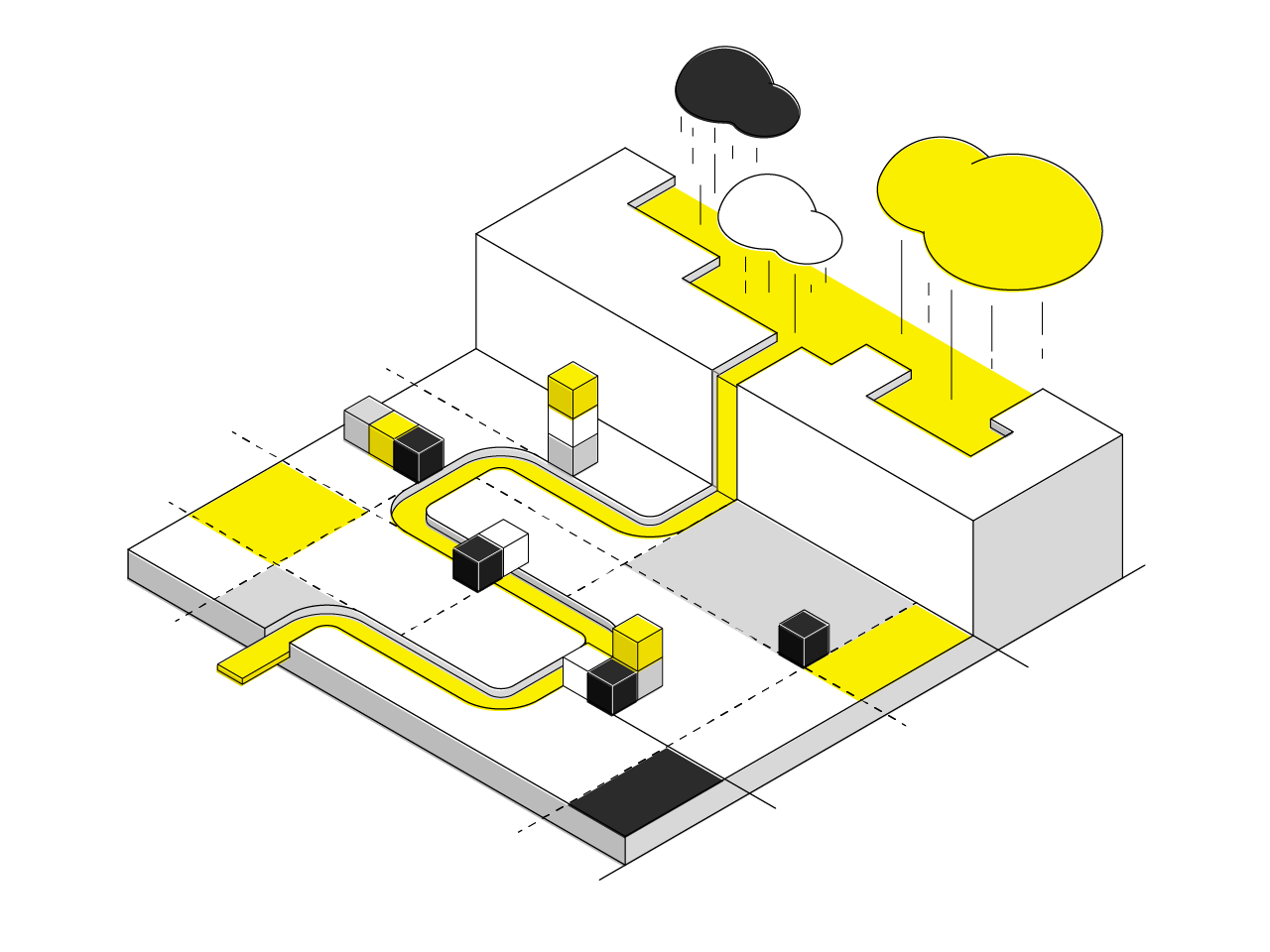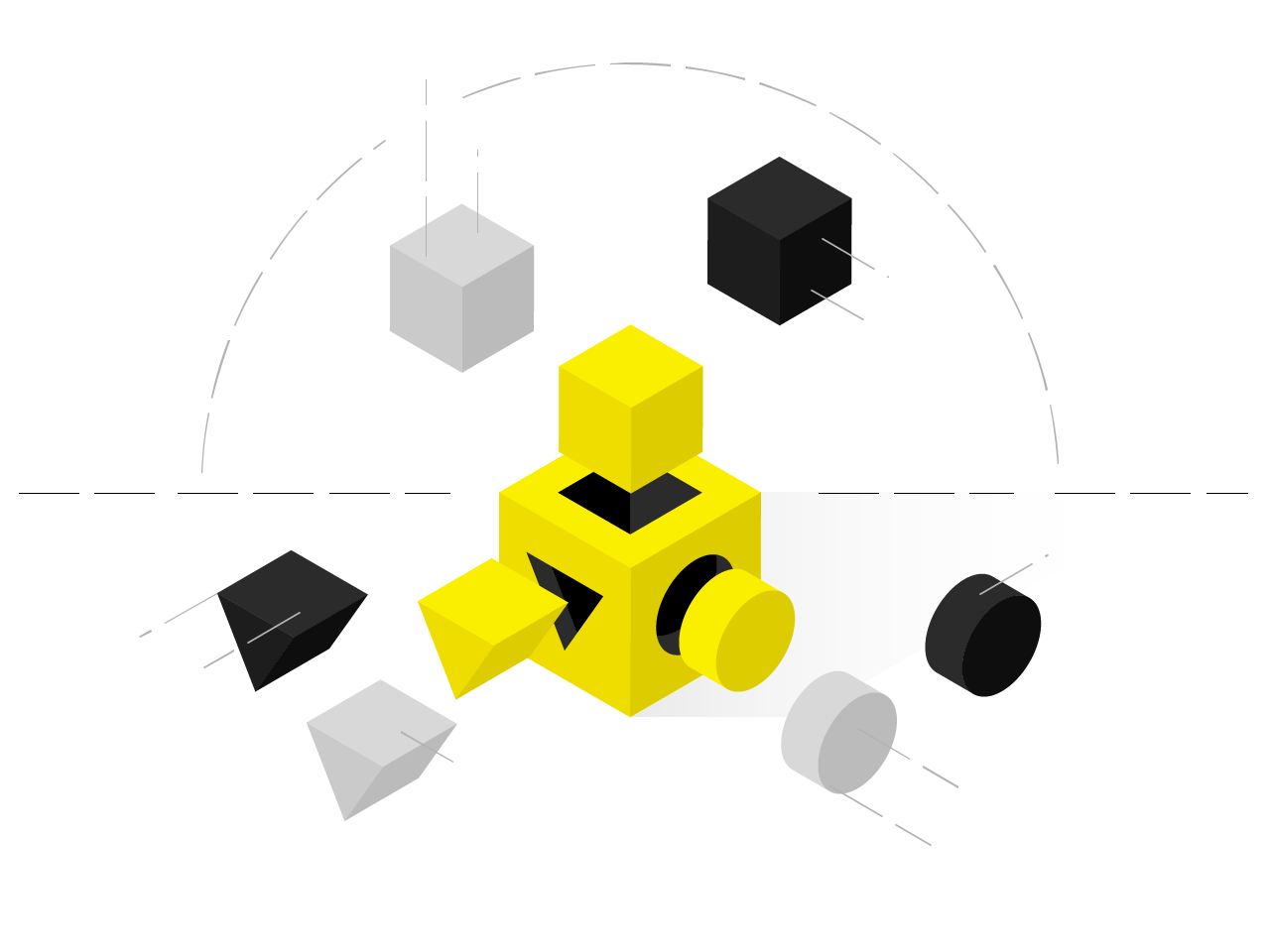Publications
Beyond AI and copyright
This White Paper calls for a levy on commercial AI systems to fund public infrastructures and ensure a sustainable Digital Knowledge Commons in the generative AI era.
CommonsDB Feasibility Study: Building the Future of Digital Commons
This study outlines how CommonsDB is creating a registry of Public Domain and openly licensed works to improve legal certainty when reusing digital content.
Open Future Annual Report 2024
Open Future's Annual Report 2024 covers our fourth full year of operations and details the evolution of our organizational strategy.
White Paper on Public AI
Today's AI landscape is dominated by a few tech companies. This White Paper presents an alternative: Public AI systems built on transparency, democratic governance, and open access to critical infrastructure.
Governing the scholarly AI Commons
New report explores how academic communities can shape AI governance in research and publishing, from regulation to community-led approaches.
Lessons for the Global Transition to Equitable Open Access to Research
Open Access has transformed research accessibility, making half of all articles freely available. However, barriers to publishing persist. This paper examines equitable solutions for both accessing and contributing to research.
Putting money where your mouth is?
A new report analyzes how EU funding impacts digital sovereignty. Despite significant investments in digital transformation, Europe still heavily relies on non-EU digital services.
A vocabulary for opting out of AI training and other forms of TDM
This proposal presents an opt-out vocabulary for AI training and text mining, based on stakeholder discussions to help creators better control how their works are used.
“Digital Public Infrastructure” at a Turning Point
This paper explores three key phases of “Digital Public Infrastructure” (DPI) development—from openness through consolidation to localization.
From Open Access to Collective Governance
This research report analyzes the EU's policy evolution from early open access initiatives to current digital infrastructure governance and offers recommendations for future policy direction.
Data Governance in Open Source AI
The paper defines a shared position on data sharing and data governance in Open Source AI development. Collective action is needed to establish shared standards for training data and datasets.
